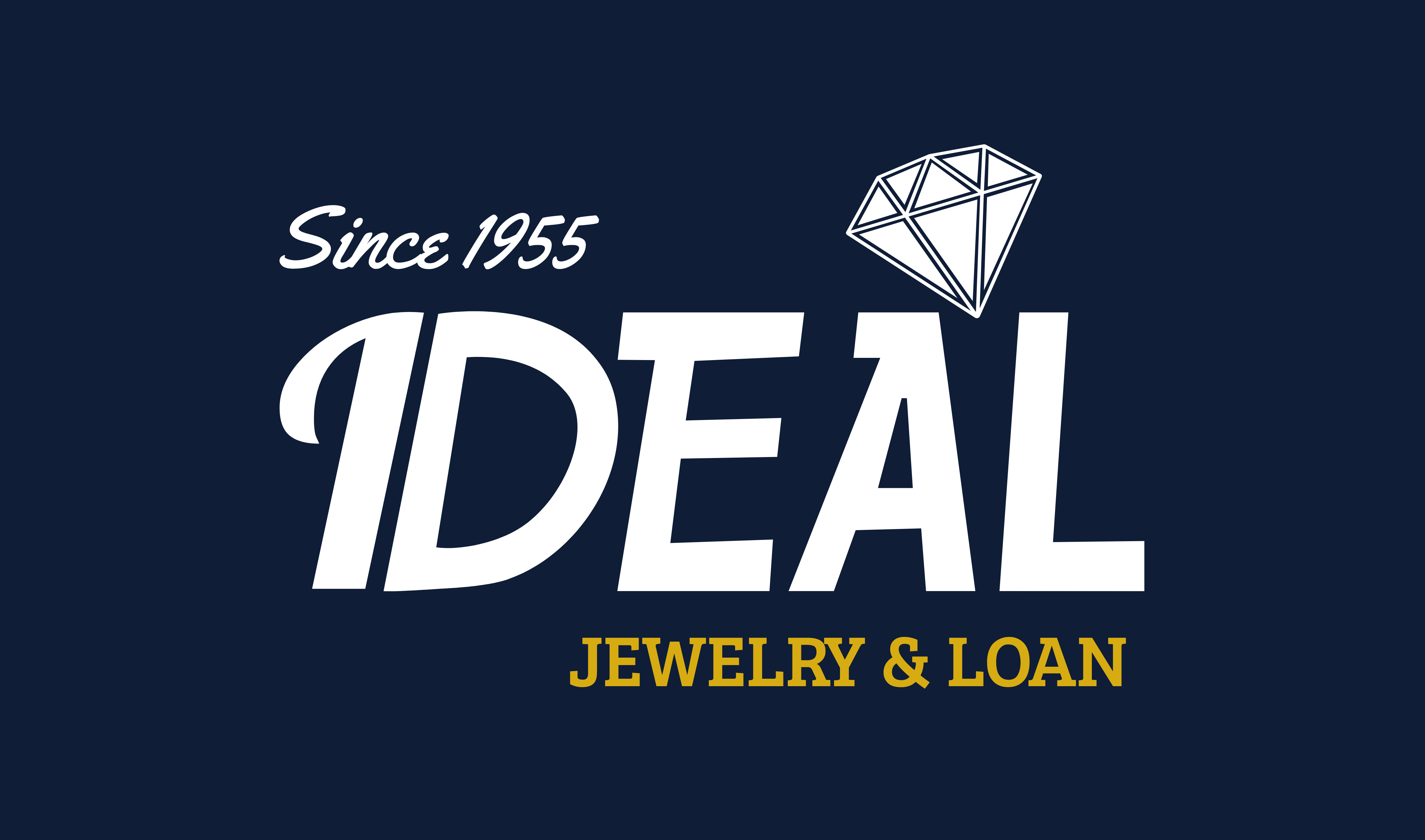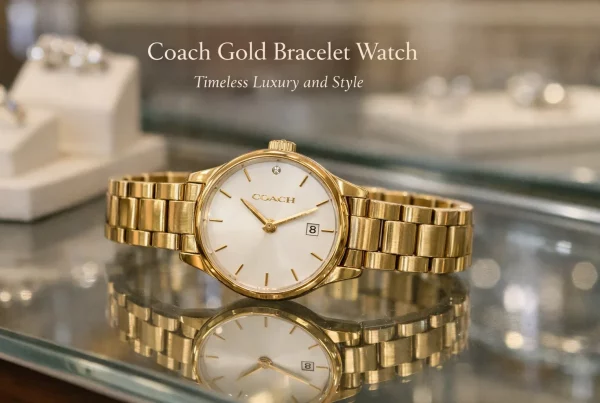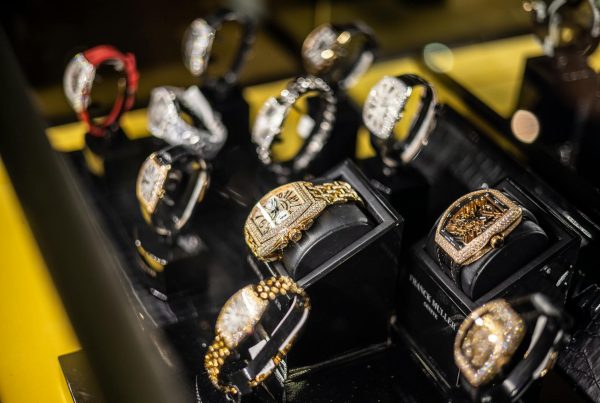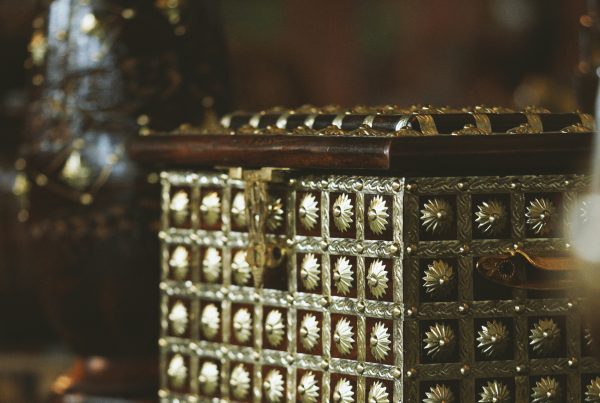Evolution of Pawnshops:
Pawnshops have been an essential part of human society for centuries. Their history is deeply woven into the fabric of global trade, lending, and commerce. From humble beginnings in ancient civilizations to becoming hubs for luxury trading in modern times, pawnshops have evolved significantly. In this article, we will explore their fascinating journey and how they have adapted to the changing demands of society.
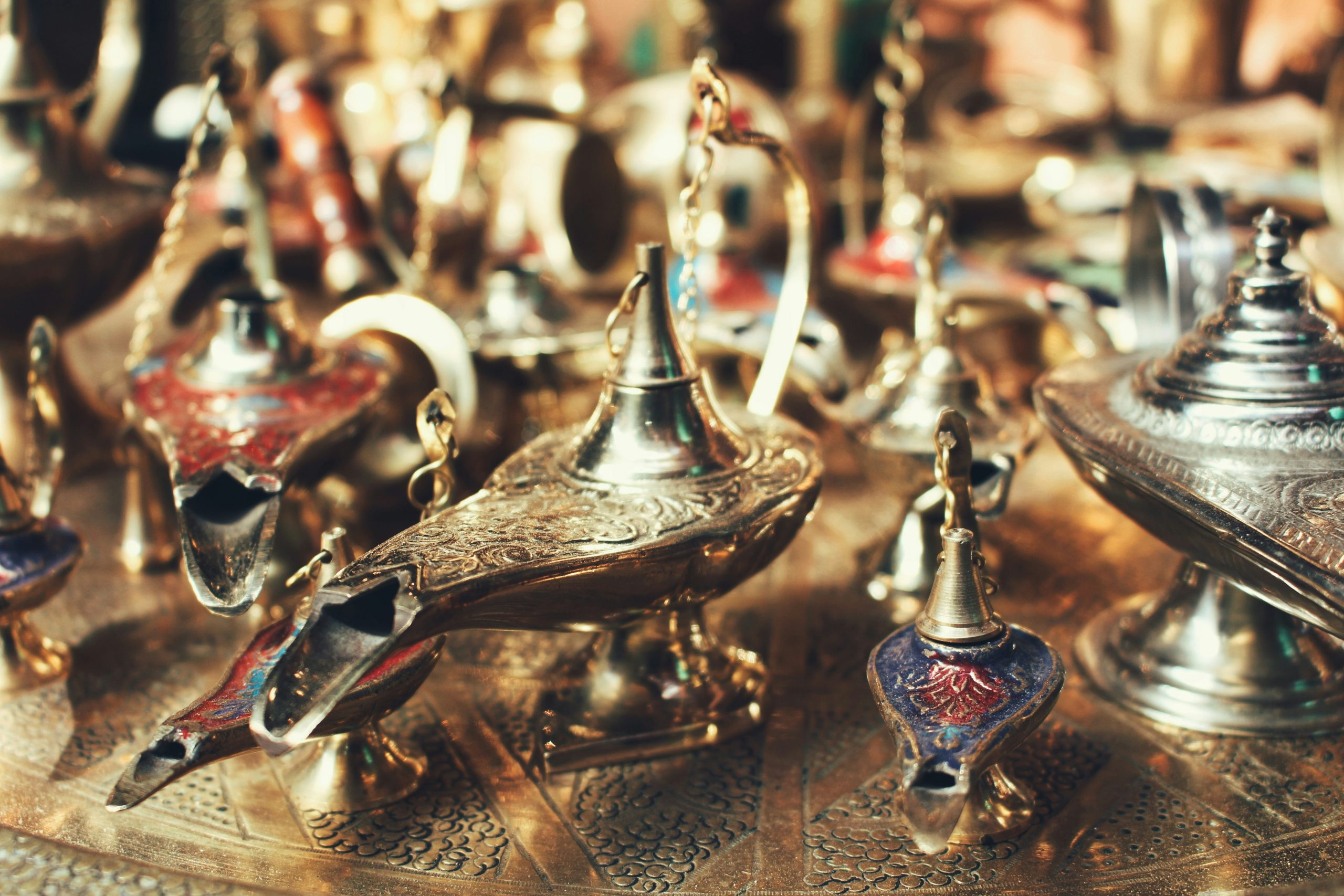
The Origins: Pawnshops in Ancient Civilizations
The concept of pawning items dates back thousands of years. In ancient China, nearly 3,000 years ago, pawnbrokers provided small loans to peasants, enabling them to sustain their families. Similarly, in ancient Greece and Rome, pawnshops allowed merchants and commoners alike to borrow against their valuables, fueling early commerce.
Key Features of Ancient Pawnshops:
- Loans were provided with low interest.
- Items like jewelry, tools, and clothing were commonly pawned.
- The practice was often governed by strict community guidelines.
This early system of lending laid the groundwork for pawnshops as we know them today.
The Middle Ages: Pawnshops and Religious Influence
During the Middle Ages, pawnshops flourished across Europe. However, religious beliefs influenced their operations significantly. Christian doctrine discouraged charging interest, leading Jewish communities to dominate the pawn industry as moneylenders. This period saw:
- Pawnshops offering higher-value loans on items such as gold and land deeds.
- Nobility frequently pawning valuable items to fund wars or lavish lifestyles.
Despite controversies, pawnshops became vital for economic survival during financial hardships.
Modern Era: Pawnshops Enter Luxury Trading
With industrialization came a shift in the role of pawnshops. By the 20th century, pawnshops began adapting to urban lifestyles, catering not only to those in need but also to collectors and investors. Today, pawnshops are synonymous with luxury trading, offering designer handbags, rare watches, and antique jewelry.
Reasons for This Shift:
- Increased wealth among the middle class created demand for luxury goods.
- Rising interest in sustainable shopping made pawnshops popular for pre-owned luxury items.
- Technology allowed pawnbrokers to assess and authenticate high-value items more efficiently.
Why Pawnshops Thrive in Modern Times
Pawnshops have reinvented themselves as more than just lending establishments. They now cater to a wide array of clientele, including collectors, resellers, and savvy shoppers.
Benefits of Modern Pawnshops:
- Convenience: Instant cash loans without credit checks.
- Affordability: Luxury goods available at competitive prices.
- Sustainability: A great alternative to buying new items, promoting eco-consciousness.
Modern pawnshops have earned their place in luxury markets, providing a safe and reliable space for transactions.
How to Leverage Pawnshops Today
Whether you’re a seller or a buyer, pawnshops can be invaluable. Here are some tips:
For Sellers:
- Research the Market Value: Understand the worth of your item before pawning.
- Choose Reputable Shops: Visit well-reviewed pawnshops with transparent processes.
- Negotiate Smartly: Be prepared to discuss terms and conditions.
For Buyers:
- Inspect Items Thoroughly: Ensure authenticity before purchasing.
- Look for Certifications: Many pawnshops now provide guarantees on luxury items.
- Explore Rare Finds: Keep an eye out for unique pieces you won’t find elsewhere.
Conclusion
The evolution of pawnshops from ancient lenders to modern luxury trading hubs reflects their adaptability and resilience. Today, they serve as a bridge between financial needs and opportunities, offering a unique blend of tradition and innovation. Whether you’re looking to sell valuables or shop for pre-owned treasures, pawnshops remain an indispensable part of our economic landscape.
Key Takeaways
- Pawnshops date back to ancient civilizations, playing a vital role in early commerce.
- They evolved during the Middle Ages, influenced by religion and societal needs.
- Today, pawnshops thrive in luxury markets, offering high-end goods and sustainable solutions.
- Both sellers and buyers can benefit from understanding the value and processes of modern pawnshops.
